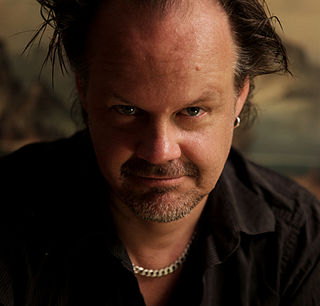A Quote by Farhan Akhtar
Filmmaking, whatever the window dressing or the scale of a film may be, is eventually about telling a story.
Quote Topics
Related Quotes
I think that people have to have a story. When you tell a story, most people are not good storytellers because they think it's about them. You have to make your story, whatever story it is you're telling, their story. So you have to get good at telling a story so they can identify themselves in your story.
Narrative, fiction filmmaking is the culmination of several art forms: theater, art history, architecture. Whereas doc filmmaking is more pure cinema, like cinema verité is film in its purest form. You're taking random images and creating meaning out of random images, telling a story, getting meaning, capturing something that's real, that's really happening, and render this celluloid sculpture of this real thing. That's what really separates the power of doc filmmaking from fiction.
I feel like I've kinda danced around telling the truest story I can for many years of my life. I've been a little distracted by trying to be shocking or edgy or cool or whatever, and by letting go of that and telling the truest story I can - even if it's about aliens and talking raccoons - it works.
When I make film music, I'm a filmmaker first and foremost. It's about serving the needs of the film. You're telling a story; in a way, you stop becoming a composer and become a storyteller instead. You tell the story with the most appropriate themes. How you approach these things is a very personal matter, but your goal is to tell the story first.
Filmmaking, at the end of the day, is really - in addition to the story and all of the equipment and the actors, it's really about time management. And so the smartest filmmakers are the ones who sort of pre-visualize the film in their head and are literally shooting the shots they need to cut the story together.




































